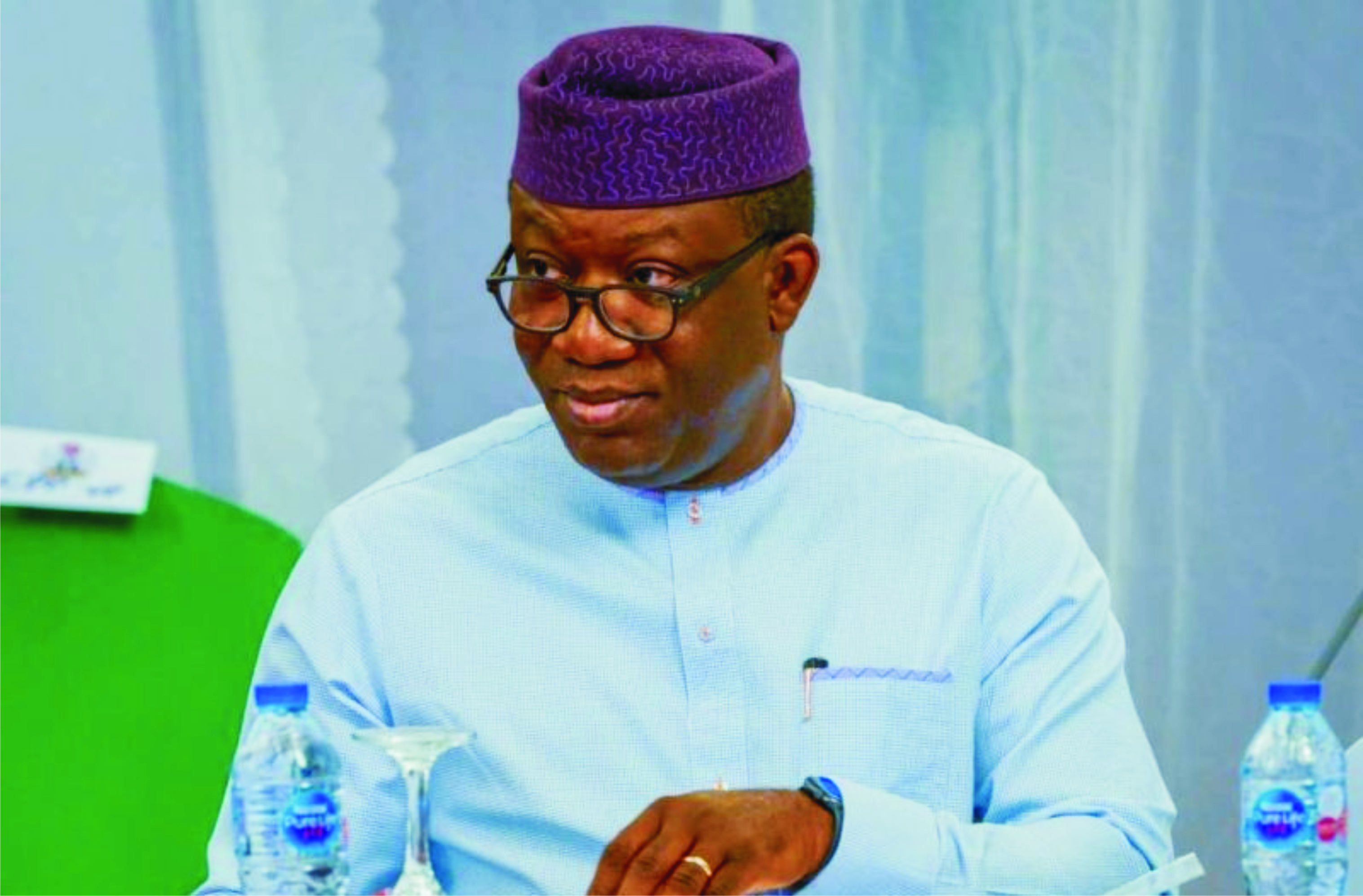Editorial
Boko Haram: One Massacre Too Many

The recent gruesome killings of 43 rice farmers in Zabarmari Community in Jere Local
Government Area of Borno State by the Boko Haram terrorists debunk the pretentious claim by the Federal Government that it is winning the war against terror. More than 10 years after it initiated its violent campaign to found a caliphate in Nigeria, the insurgents remain a deadly force against the Nigerian state.
When the news of the carnage broke, panic and commotion gave way to anger over the way the insurgents operated unchecked for a long period despite the ongoing military onslaughts on them. Sources in Borno State said 76 persons were murdered in all, apart from those abducted.
Soon after the incident, condemnatory statements came in from everywhere. The United Nations, Pope Francis and aid organisations were among those disgusted at the heart-rending attacks on innocent farm workers. State governors sent out messages and visited their Borno State counterpart, Babagana Zulum. We are overly tired of the customary denunciations. Can they end the war? Certainly not.
Though the killings of the rice farmers impinged on the very profundities of humanity, senseless atrocities by Boko Haram have been characterised by treachery and deceit. Last October, the implacable extremists drenched the irrigation fields near Maiduguri with the blood of 22 farmers in two separate incidents.
Like all Islamist sects, Boko Haram mutates, carrying out overwhelming raids on soft targets or exploding IEDs as it delights. Between July and November this year, Zulum’s convoy was assaulted on three occasions despite the heavy security around him. Soldiers, police officers, members of the Civilian Joint Task Force and civilians were slain in those attacks.
Boko Haram has caused much trepidation and destruction to Nigerians. The New York Times reported on September 13, 2019, that Islamist extremists were better armed and had more advanced weapons than the less enthusiastic Nigerian military. it is difficult to understand why the government has failed to procure weapons from any country willing to assist in ending the festering savagery.
Already, following constant attacks on farmers, there is a palpable fear of food insecurity as farmers and the over two million people displaced are afraid to return home and to their farms. According to international sources, the jihadists have flagrantly killed 36,000 persons. Former Borno State Governor, Kashim Shettima, however, generously put the death toll at 100,000.
Ekiti State Governor and Chairman, Nigerian Governors’ Forum, Dr. Kayode Fayemi, recently claimed that some of the insurgents that escaped from the Boko Haram territory are the ones operating as bandits in the Northwest, while some of them are involved in the kidnapping currently pervading the Southwest as well as the atrocities by herdsmen.
The reality is that the Federal Government is unable to withstand Boko Haram’s firepower and bloody campaign. Rather, it still lives in the past, endlessly referencing the initial success it achieved when it assumed power in 2015 by retaking the local government areas under the control of the insurgents in Borno, Yobe and Adamawa States.
In the intervening period, the terror group has become more ferocious, attacking military formations at will and confiscating high calibre weapons. It solidified its firm grip over the Lake Chad Basin area, inducing a coalition by Chad, Niger and Cameroon against it, but Nigeria suffers the most drastic tolls in the group.
The military’s lacklustre performance in the war has led to widespread calls by Nigerians for the sack of the service chiefs and replace them with new ones with fresh ideas and solutions. But such calls have always been rebuffed by the President for reasons known to him. We make similar calls for their sack because they are bereft of new ideas to tackle insurgency.
This conflict is one of the biggest blights drooping on the conscience of the country’s leadership. It may never end because it mimics aloofness from Buhari and his commanders. The war is uncoordinated and purposeless, prompting even the Chief of Army Staff, Tukur Buratai, to admit to a longer duration of insurgency ahead.
Things have to change. President Buhari should be in sync with reality. Beyond his condemnation ritual, Nigeria’s Commander-In-Chief has to move out of his comfort zone and take real charge of the battle to see what goes on and stop relying solely on briefings. He should emulate Chadian President, Idriss Déby, who has led wars against Boko Haram on several occasions when his country was attacked.
All hope is not lost. With a reinvigorated objective, Nigeria can put an end to Boko Haram, but upon the condition that the present administration must be strategic. Haunted and devastated by the Islamic State in Iraq and Syria (ISIS) in 2014, Syria and Iraq turned to the West for succour. By the end of 2019, a Western coalition led by the United States had wiped out ISIS completely.
If the truth must be told, Nigeria cannot win this war on its own. The President has to go all out and attract greater international assistance if he is serious about defeating Boko Haram, which also has foreign backing from other terrorist groups like ISIS and a few countries.
Hence forward, captured Boko Haram suspects should be prosecuted. They should not be granted amnesty as is presently the case. Lately, the United Arab Emirates convicted six Nigerians for funding terrorism with $782,000. That is the way to go. Employing financial intelligence, Buhari should track and uncover the backers and financiers of insurgency, bringing them to justice.
There is an urgent need for Nigeria to restore its alliance with Cameroon, Chad and Niger, taking the lead with human and military resources. The coalition has to work together to hold down regained territories long enough to pare the insurgents’ influence. Also, the prolonged issue of insufficient weapons and corruption in the prosecution of the war should be settled forthwith.
Editorial
Task Before New Defence Minister
Editorial
HYPREP And The Collapsed Water Tank








